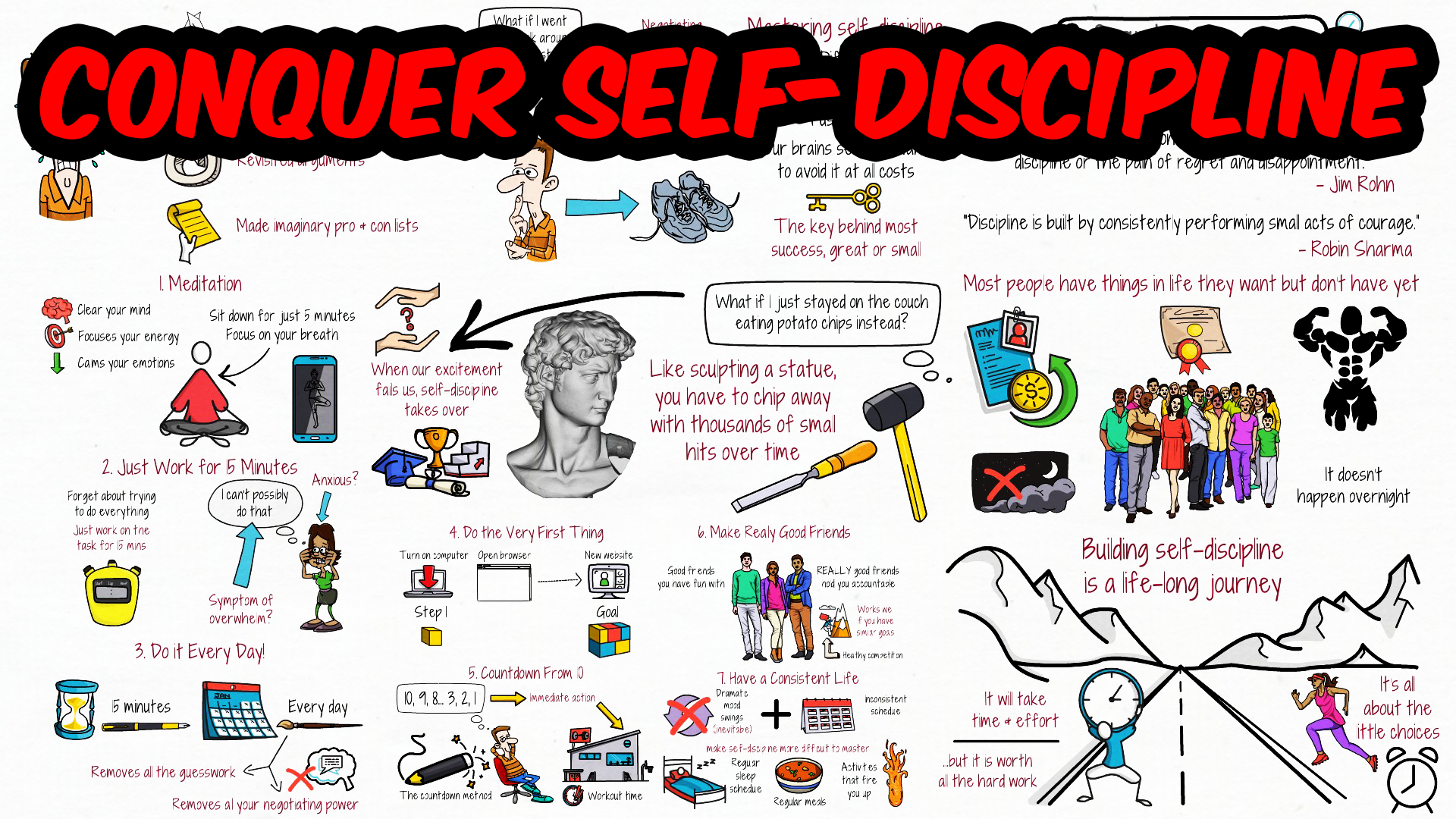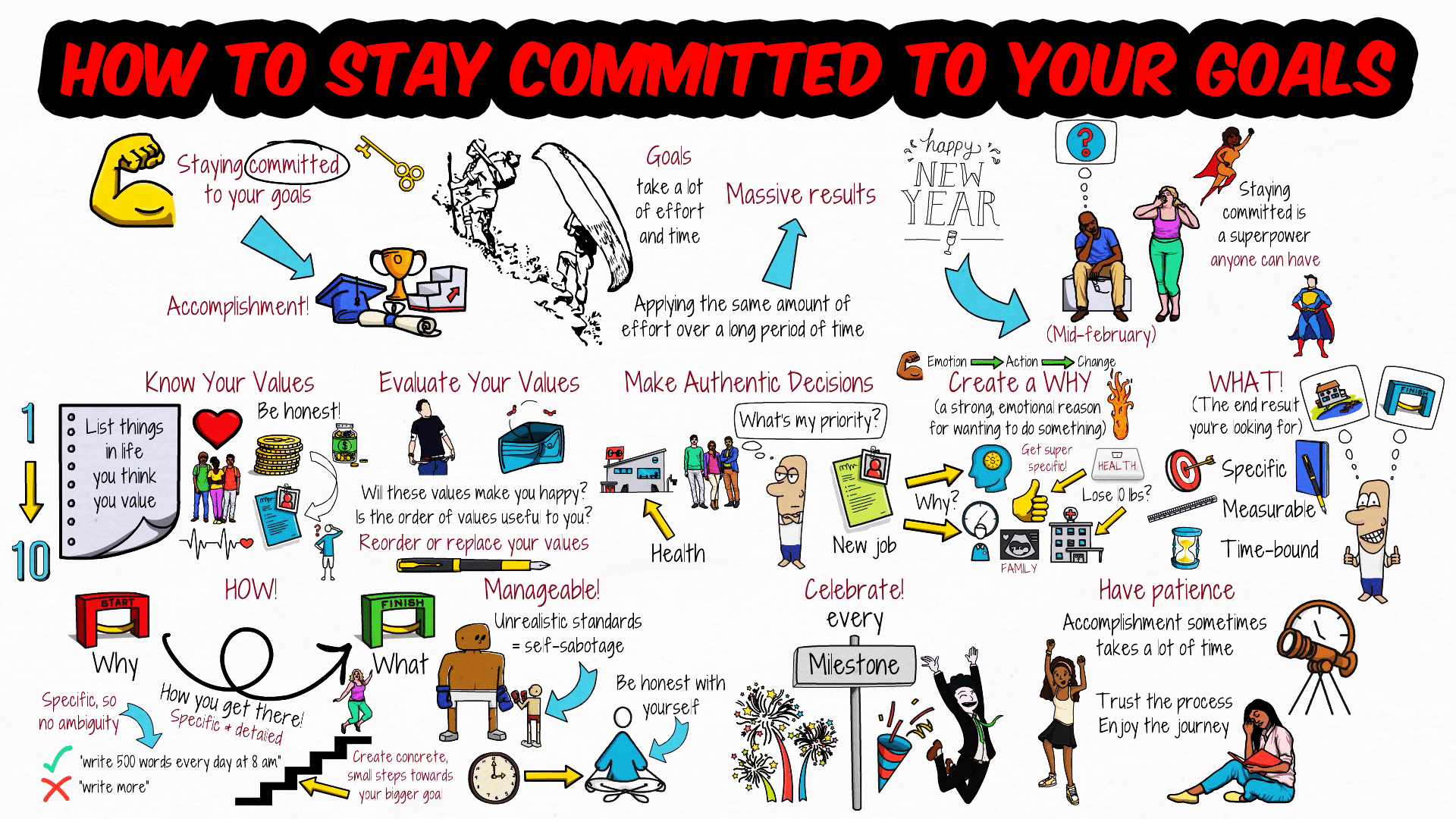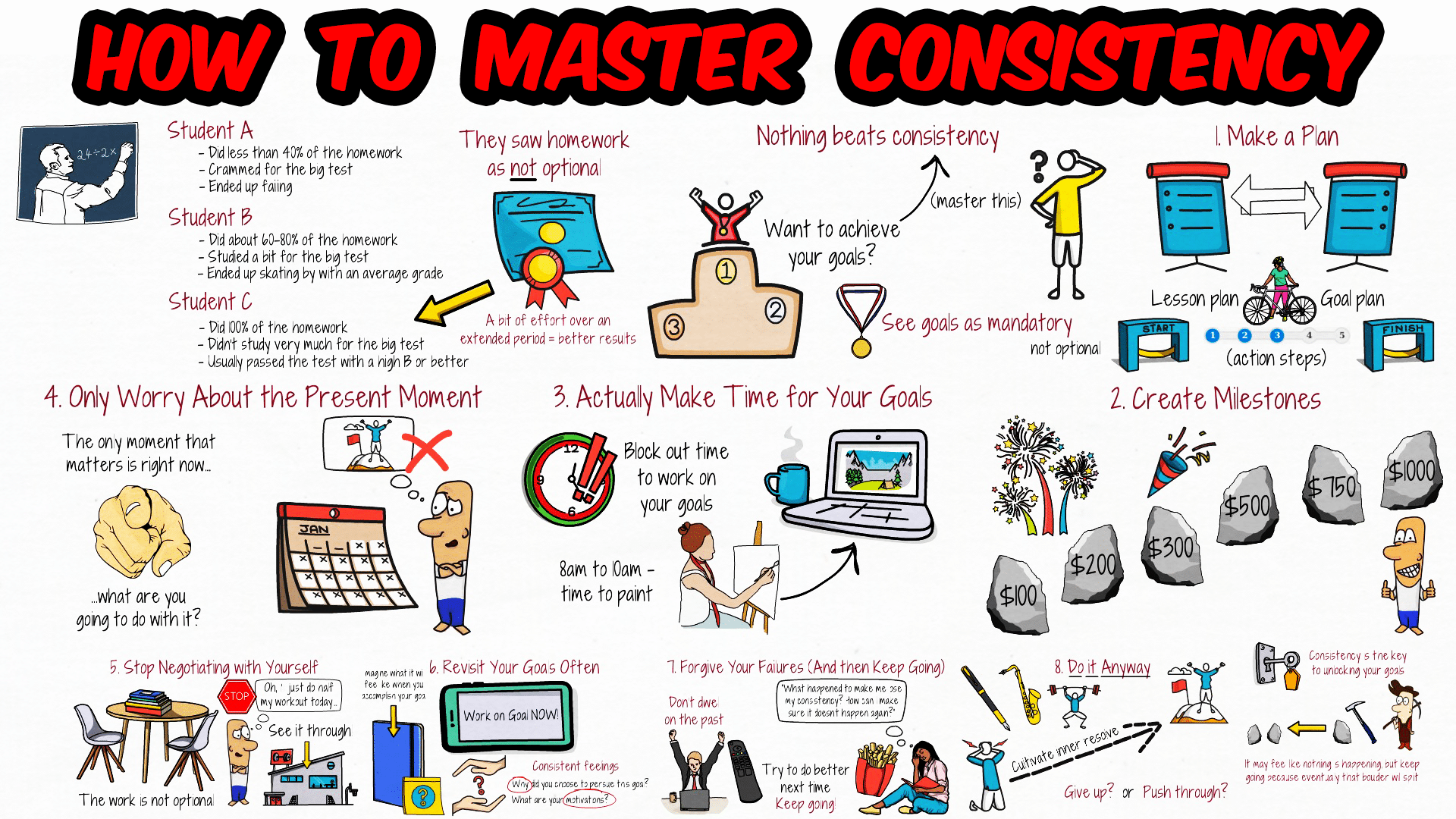The Flow State. Maybe you’ve heard of it. Some call it “being in the zone.” It’s that sweet spot where the outside world seems to melt away. Writers and Inventors have been known to find it. Artists and Athletes frequently experience it.
It’s been recognized for at least 30 years, but no doubt many people throughout history have made their way to this mysterious, yet accessible, state of mind. In 1990 psychologist Mihaly Csikszentmihalyi introduced the concept of flow and described it as being in a “peak experience”. He said, “the best moments usually occur if a person’s body or mind is stretched to its limits, in a voluntary effort to accomplish something difficult and worthwhile.”




